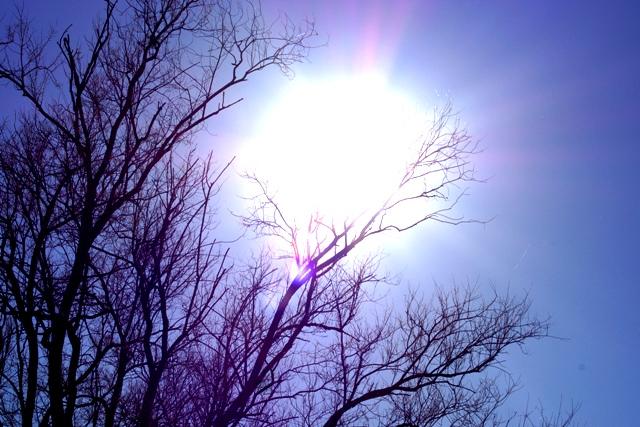Before It Went BANG: Was It God or Nothing?
The Universe is an incredibly complex mechanism. The probability that this happened by chance is 1 in 10123. “Any event with a probability of less than one chance in 10110, therefore, cannot occur,” writes Dr. Henry Morris.
December 16, 2014
Respected by atheists and theists alike as one of the most popular and probable theories of the universe’s creation, the Big Bang is well backed-up by evidence such as gravitational waves and the cosmic microwave background1. However, a question still remains: what came before the Big Bang and caused the reaction? Was it God or nothing at all?
In an effort to explain what came before the Big Bang without accepting any religious texts, philosophical naturalists, atheists believe in three explanations. The first explanation is that the universe is merely an illusion, the second is that the universe came from nothing, and the third explanation is that the universe is infinite 2.
Explanation number one is based on String Theory—a relatively new theory designed to connect gravity and Quantum physics 3. String Theory is an extremely abstract science heavily weighted on mathematics that cannot, in fact, be physically tested 4.
The second explanation is impossible, for the probability of the universe with all of its set laws of physics to have been created by chance is 1 in 10123(a one followed by 123 zeros), according to Dean L. Overman in his book The Case Against Accident and Self-Organization 5. This exceeds the logical boundary of physical possibility, thus making it impossible. As stated by Dr. Henry Morris, in his article Probability and Order Versus Evolution, “Any event with a probability [greater] than one chance in 10110, therefore, cannot occur. Its probability becomes zero, at least in our known universe”6.
The third explanation defies the second Law of Thermodynamics, which states that “the entropy of any isolated system not in thermal equilibrium almost always increases.”7 The law is simply explained in the article Second Law of Thermodynamics:
“Usable energy is inevitably used for productivity, growth and repair. In the process, usable energy is converted into unusable energy. Thus, usable energy is irretrievably lost in the form of unusable energy…‘Entropy’ is defined as a measure of unusable energy within a closed or isolated system (the universe for example). As usable energy decreases and unusable energy increases, “entropy” increases. Entropy is also a gauge of randomness or chaos within a closed system. As usable energy is irretrievably lost, disorganization, randomness and chaos increase.”8
If the universe was infinite, then, according to the Second Law of Thermodynamics, it would have lost all of its energy before now. Therefore, the third explanation of philosophical naturalists is false.
In an effort to explain what came before the Big Bang while accepting Scripture, creationists, the theists, believe that “In the beginning, God created the heavens and the earth” (Genesis 1:1).
As the evidence against the explanations that exclude God from the causation of the Big Bang and from the creation of the universe is shown to overpower and prove the explanations faulty, one can expect to believe that the other option is correct. While there is speculation on both sides on whether the Big Bang Theory is actually true, the theory itself, implicates divine instruction.
All the evidence points to one conclusion: the most probable theory of whom or what came before or caused the Big Bang is that there was a Creator, not “nothing.”
References:
1 Filmer, Joshua. “Proof That the Universe Could Have Come from Nothing? – From Quarks to Quasars.” From Quarks to Quasars. N.p., 26 Apr. 2014. Web. 07 Dec. 2014.
2 Hanegraaff, Hank. “How Many Explanations Are There for the Existence of Our Universe?” Christian Research Institute. N.p., 24 Sept. 2010. Web. 07 Dec. 2014
3 Jones, Andrew, and Daniel Robbins. “String Theory for Dummies Cheat Sheet.” For
Dummies. N.p., n.d. Web. 07 Dec. 2014.
4 Jones, Andrew. “Can String Theory Be Tested?” PBS.org. N.p., 24 Sept. 2012. Web. 7 Dec. 2014.
5 Overman, Dean L. A Case against Accident and Self-organization. Lanham: Rowman & Littlefield, 1997. 140. Print.
6 Henry Morris, Ph.D. 1979. Probability and Order Versus Evolution. Acts & Facts. 8 (7)
7 “The Three Laws of Thermodynamics.” Boundless Chemistry. Boundless, 01 Dec. 2014. 06 Dec. 2014
8 “Second Law of Thermodynamics.” AllAboutScience.org. AllAboutGOD.com, n.d. Web. 05 Dec. 2014.




